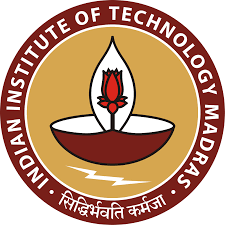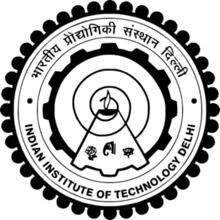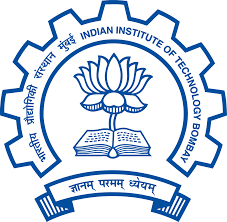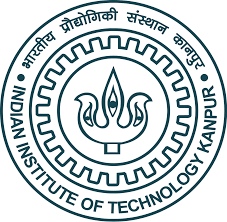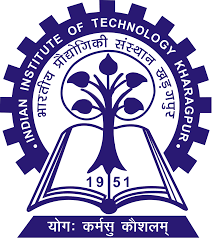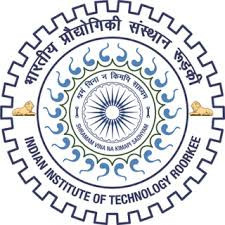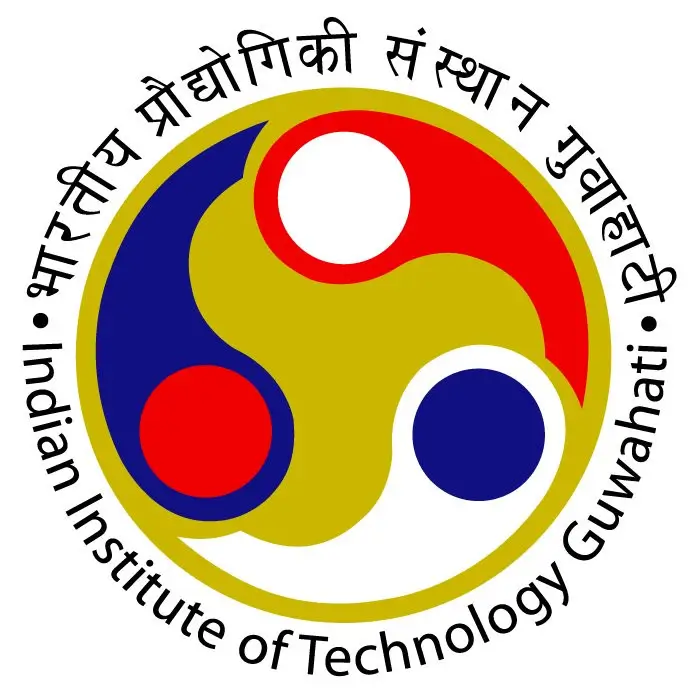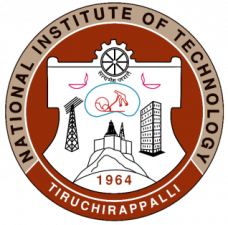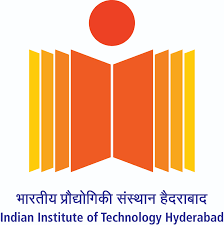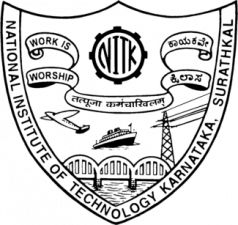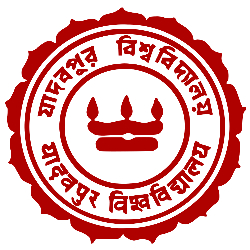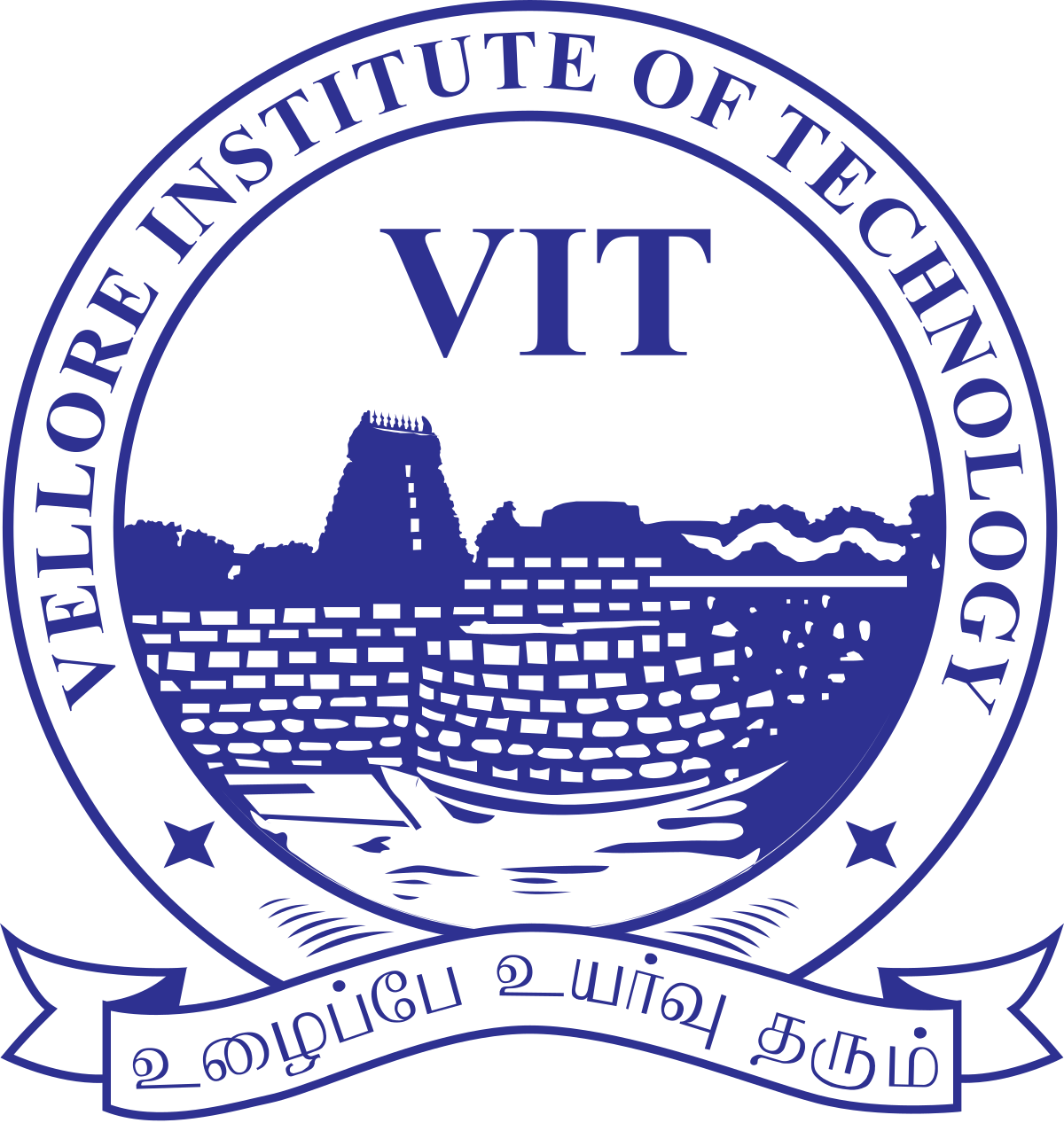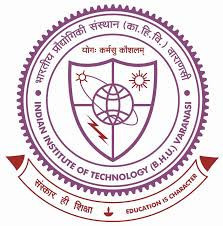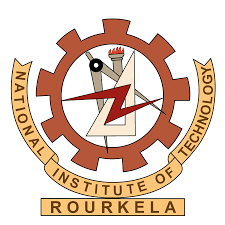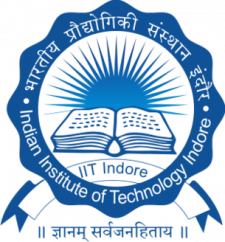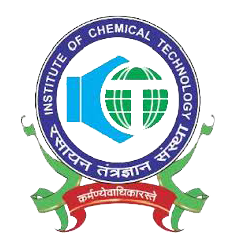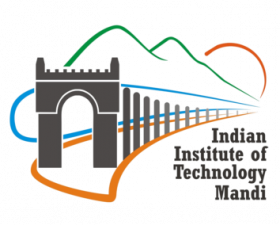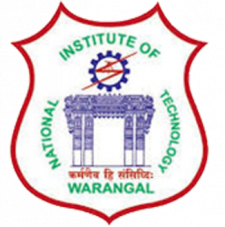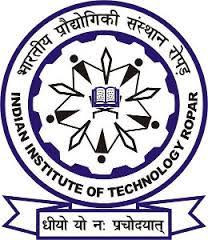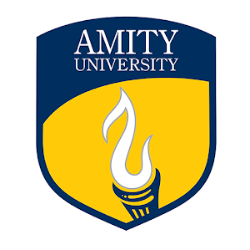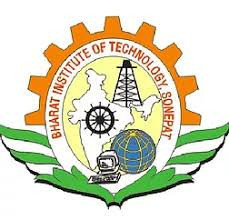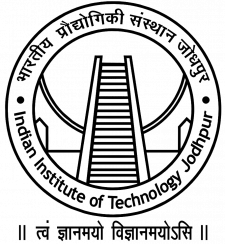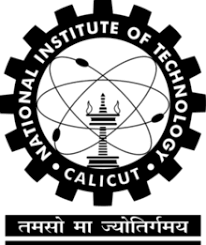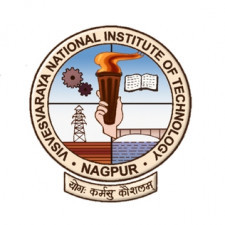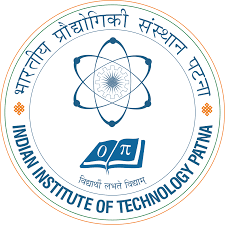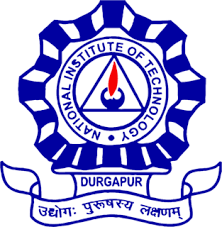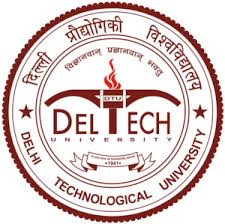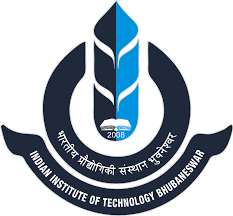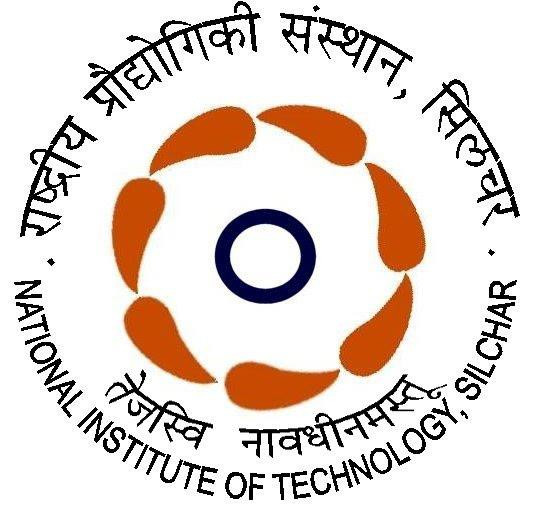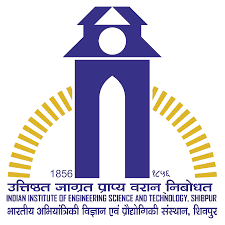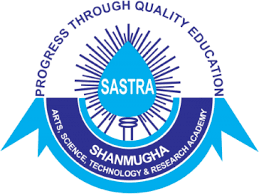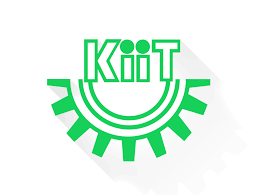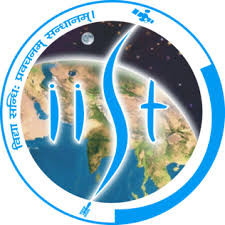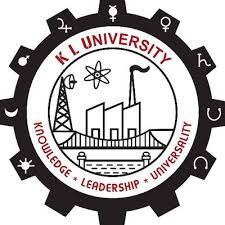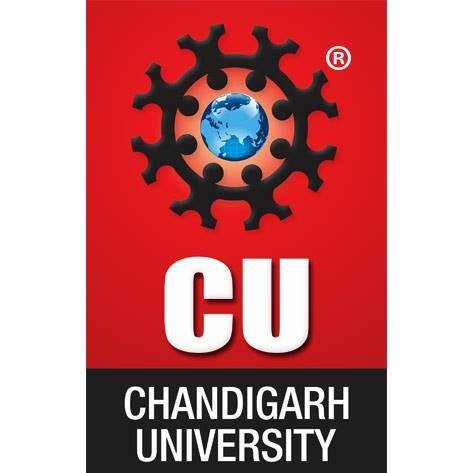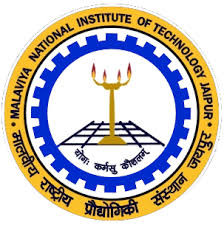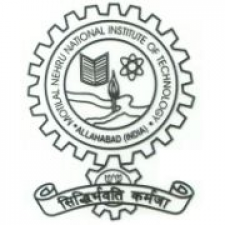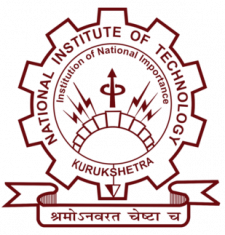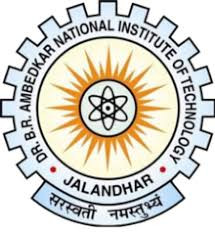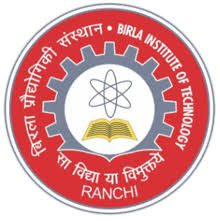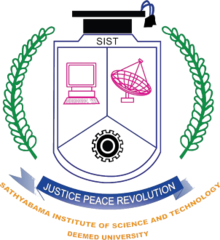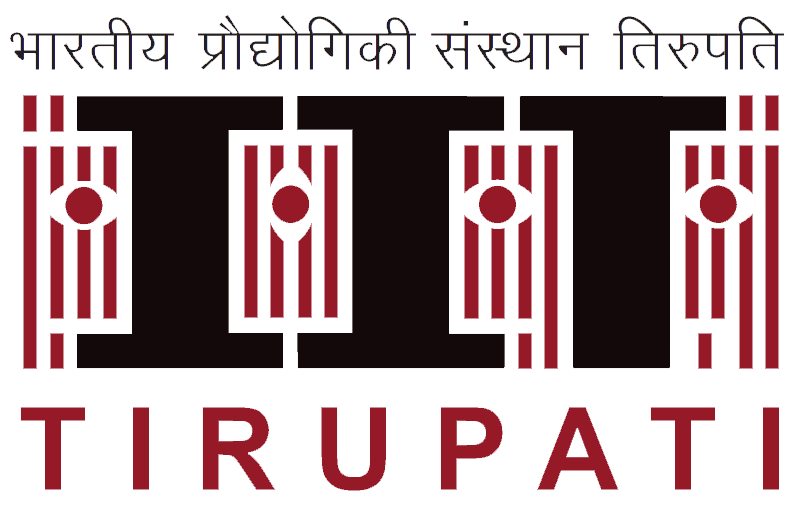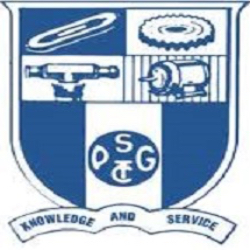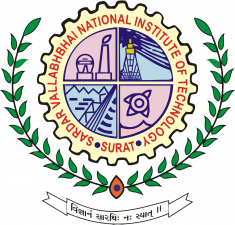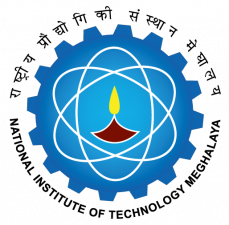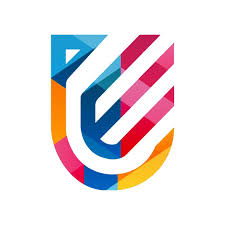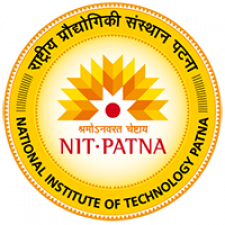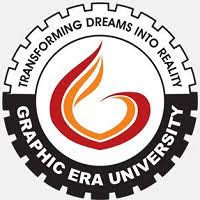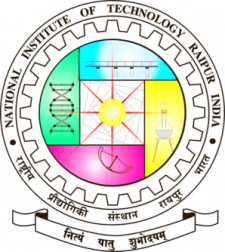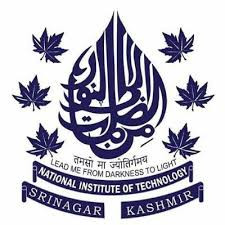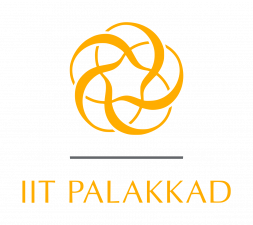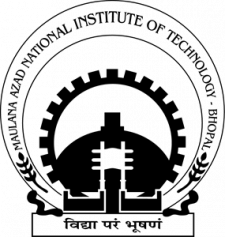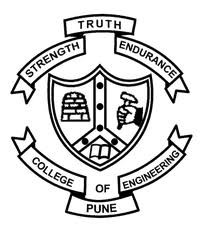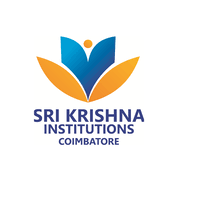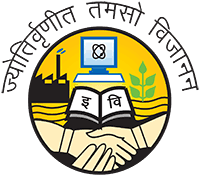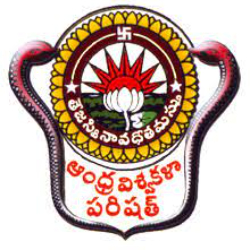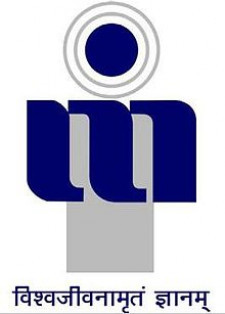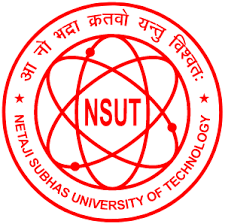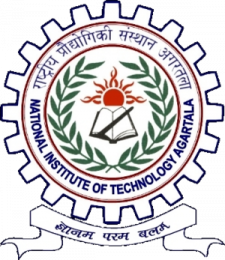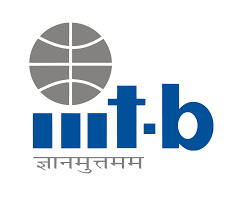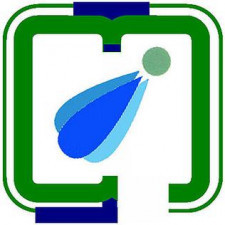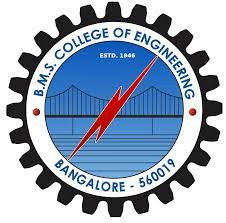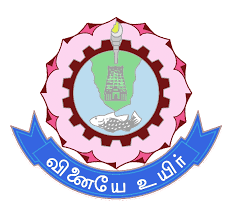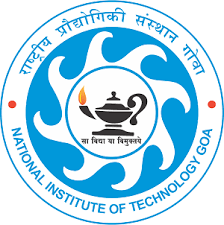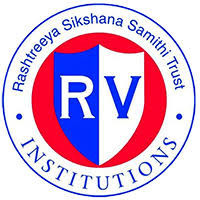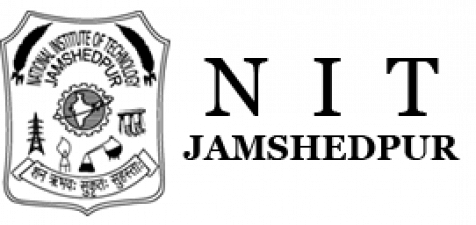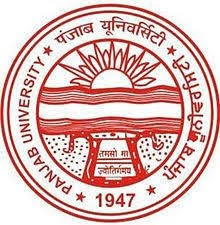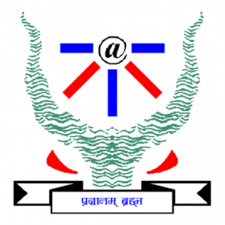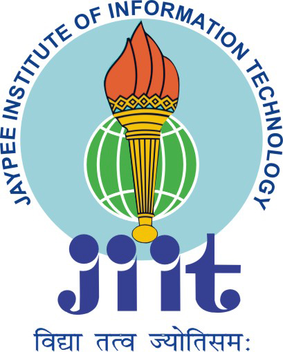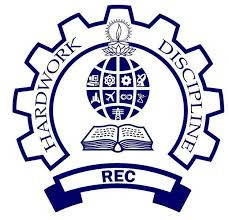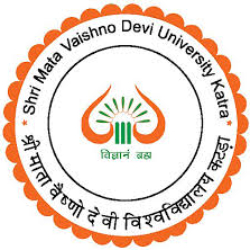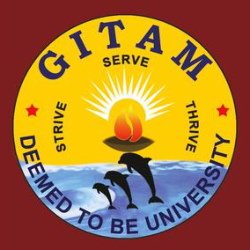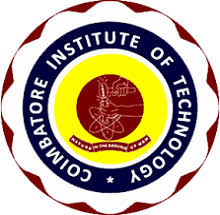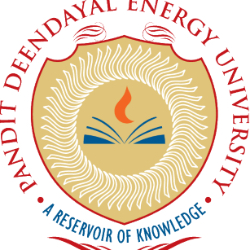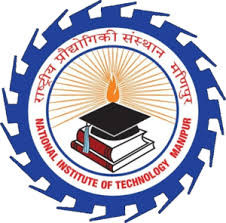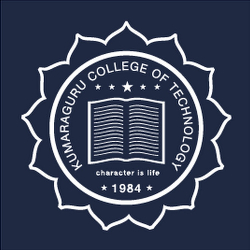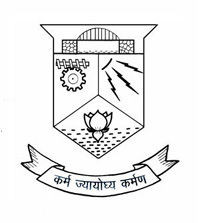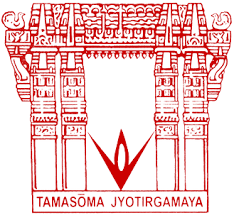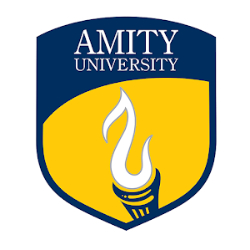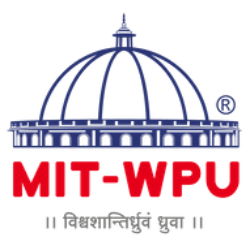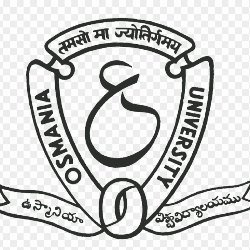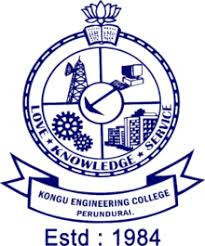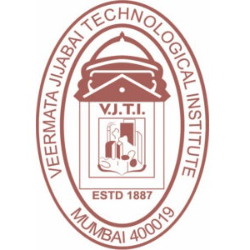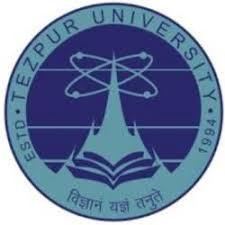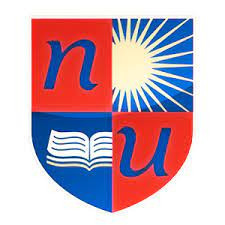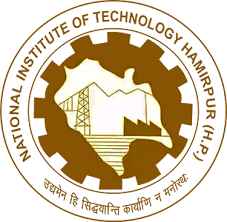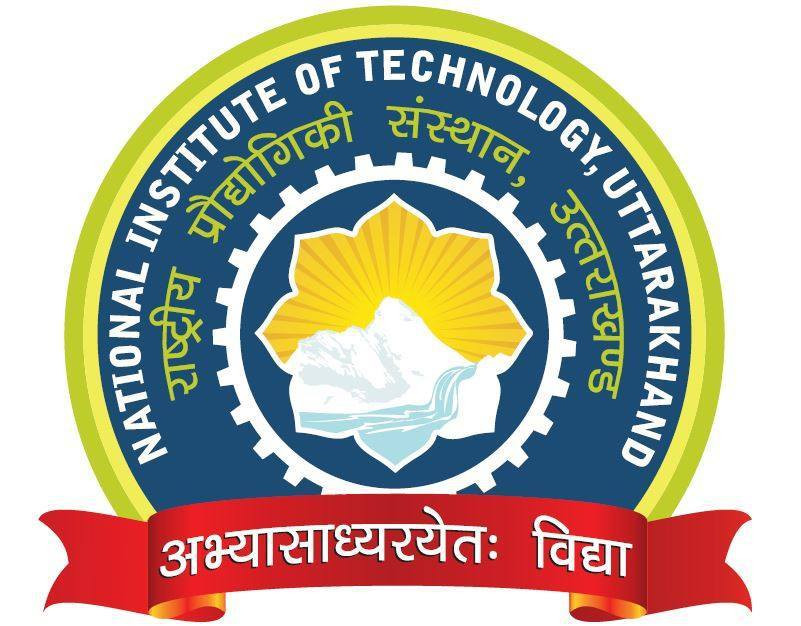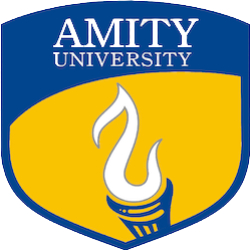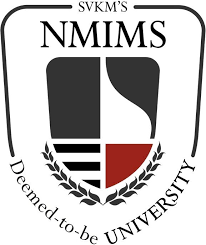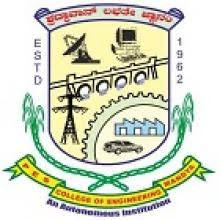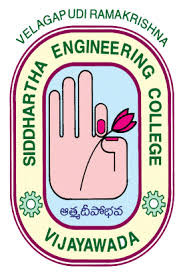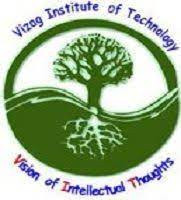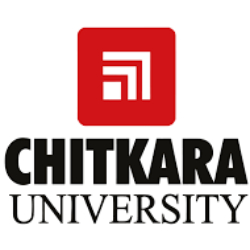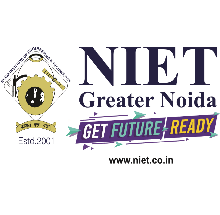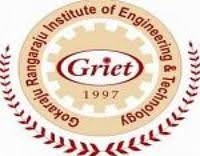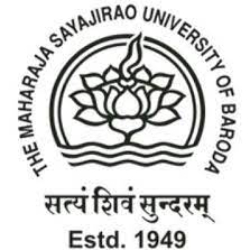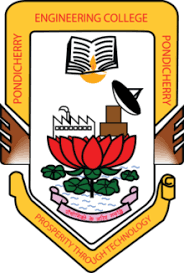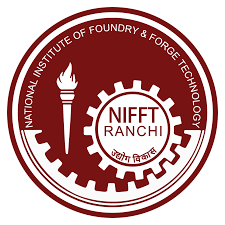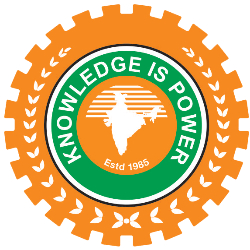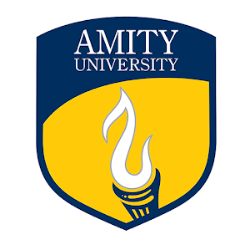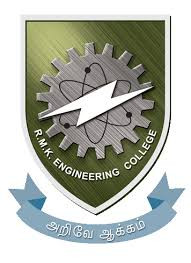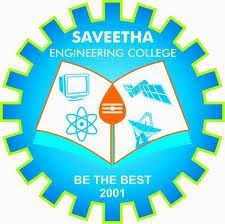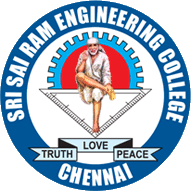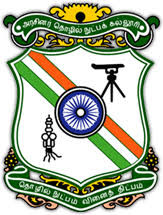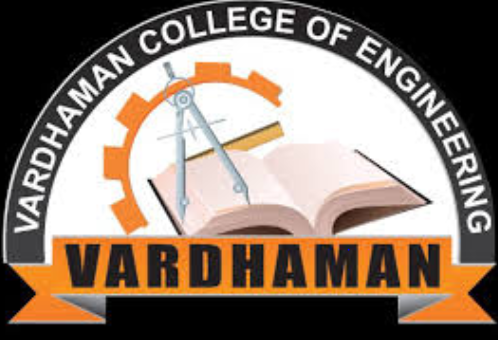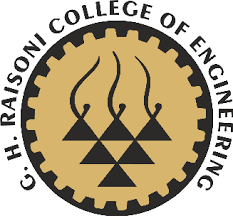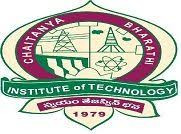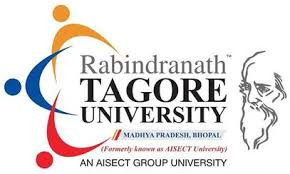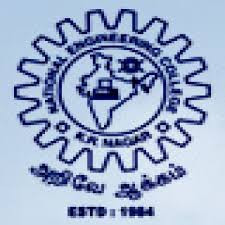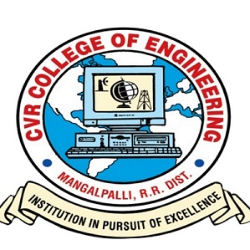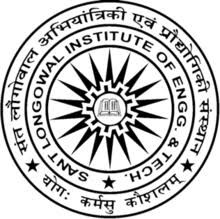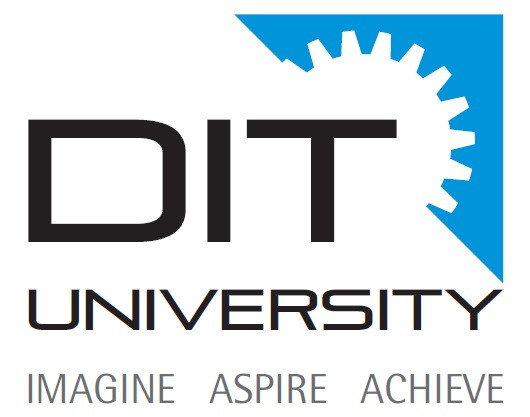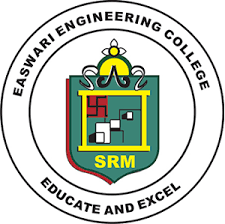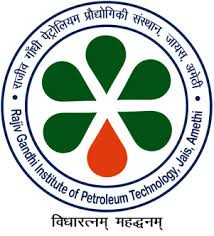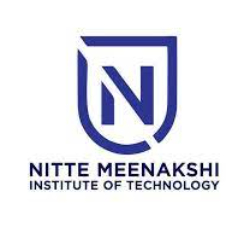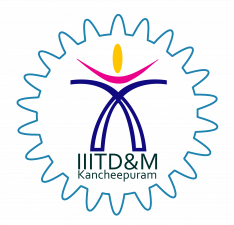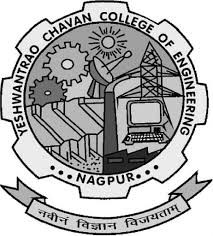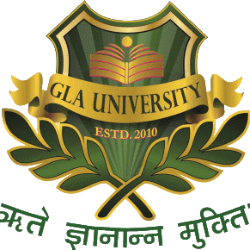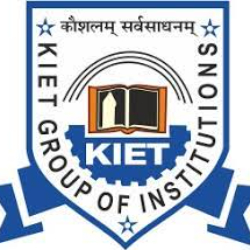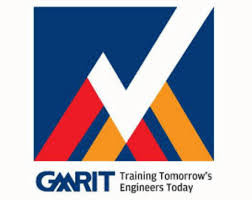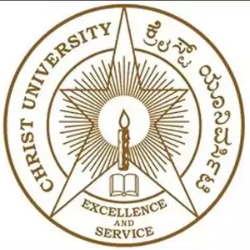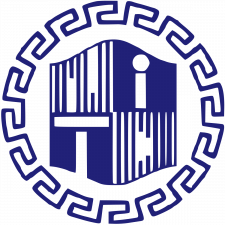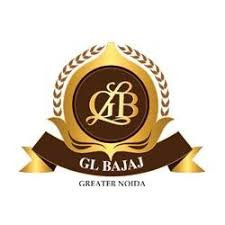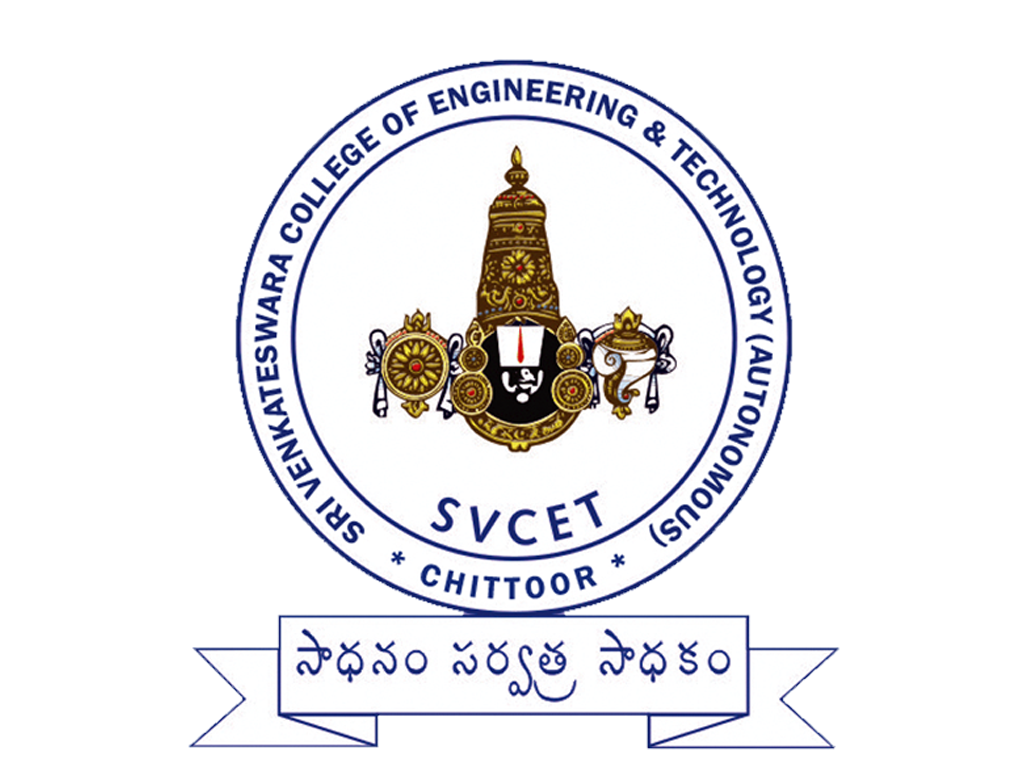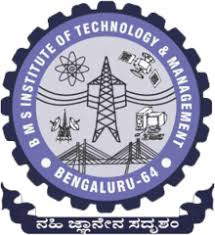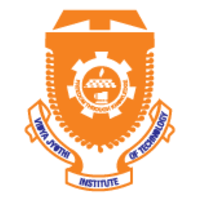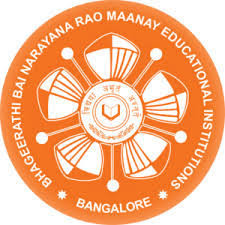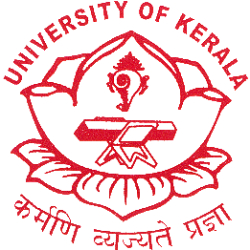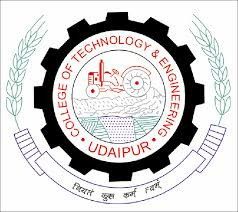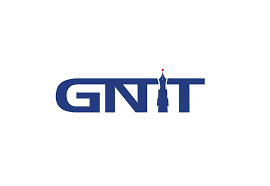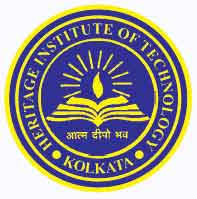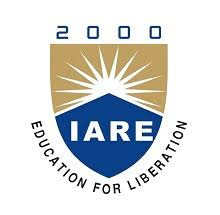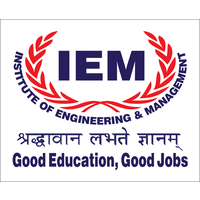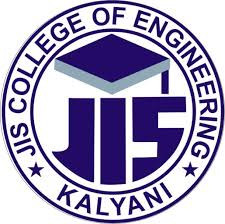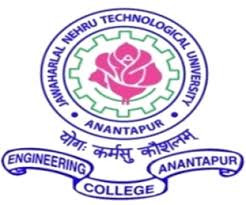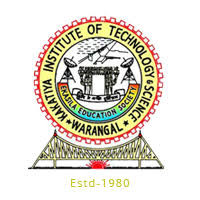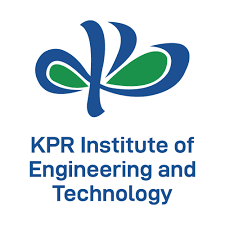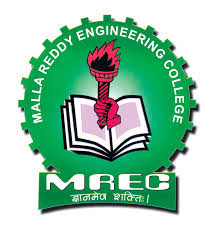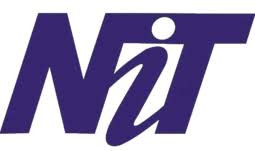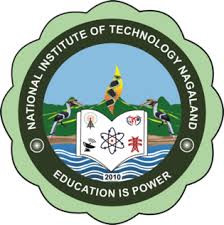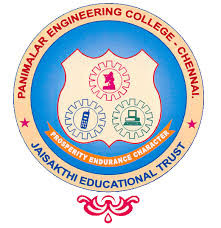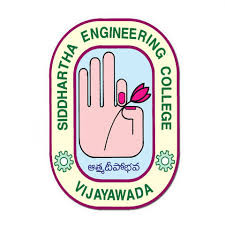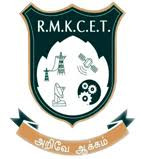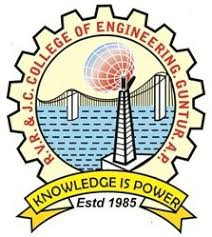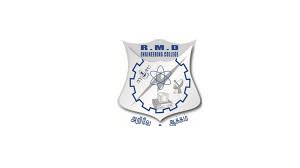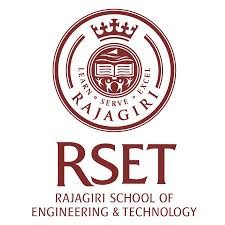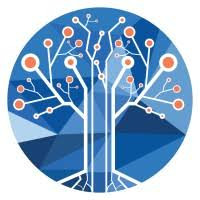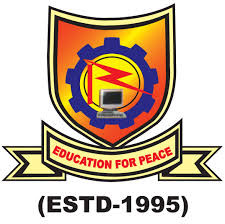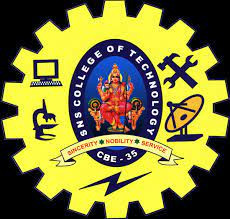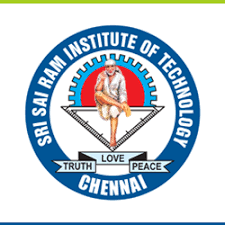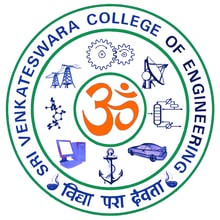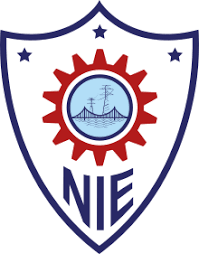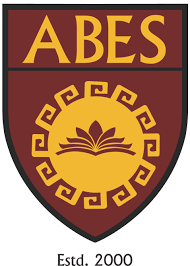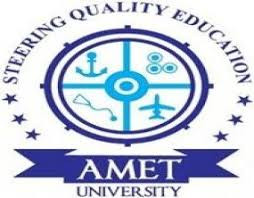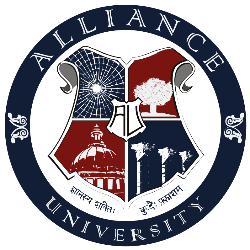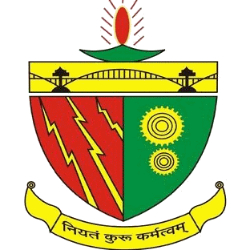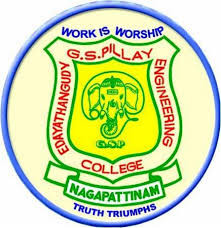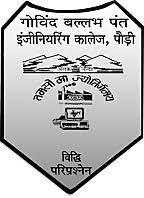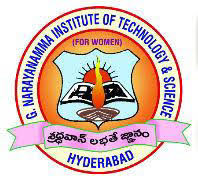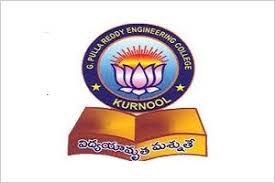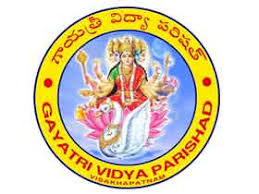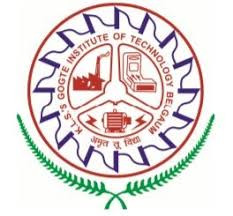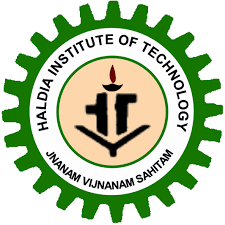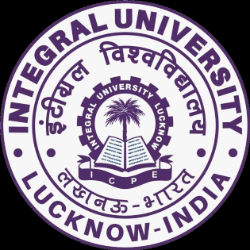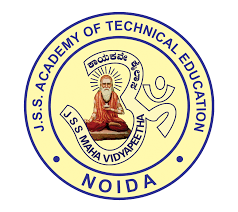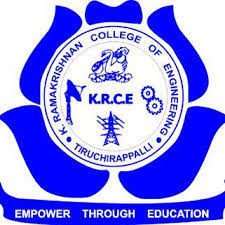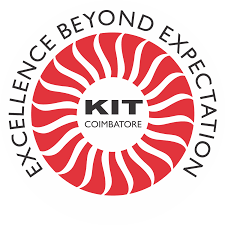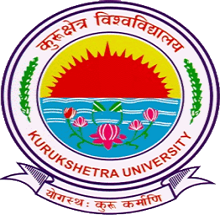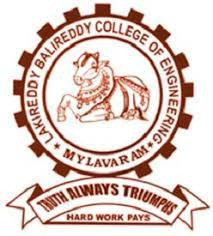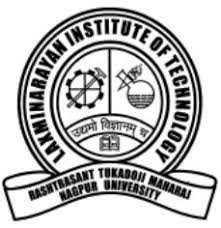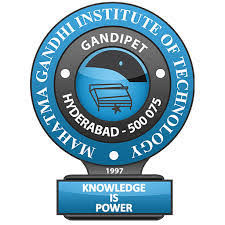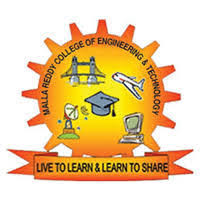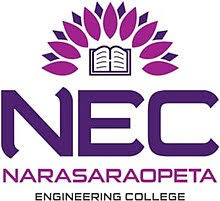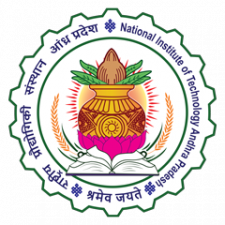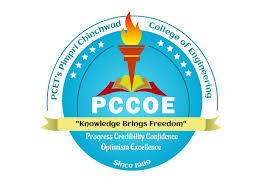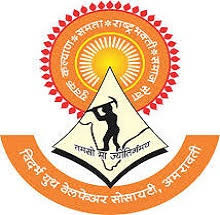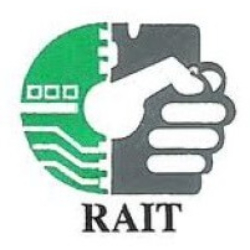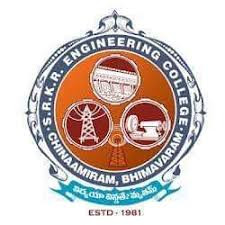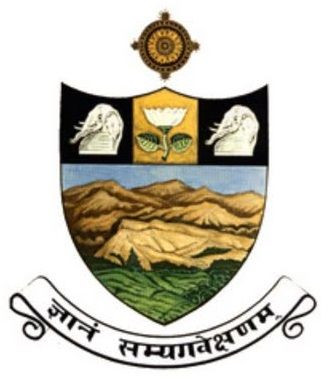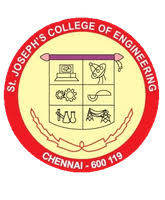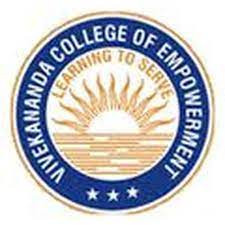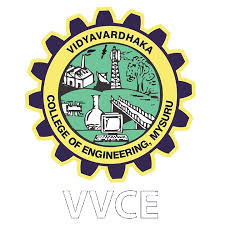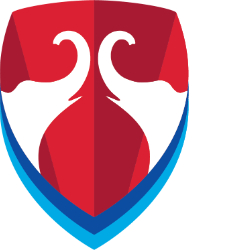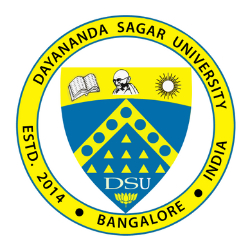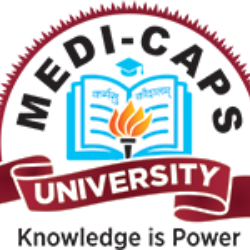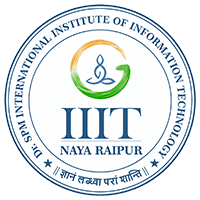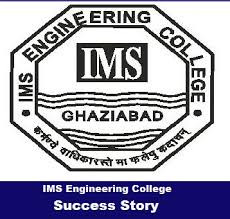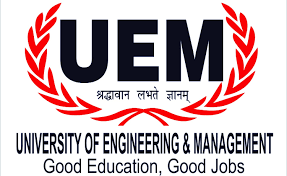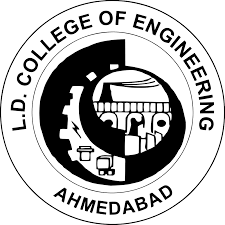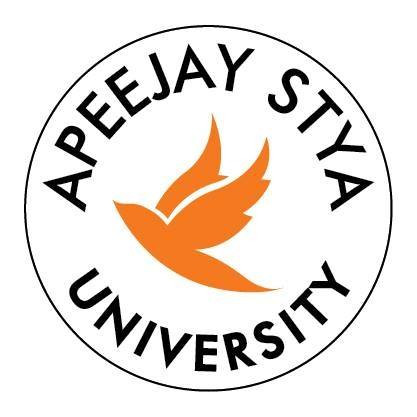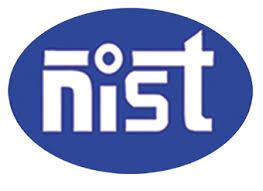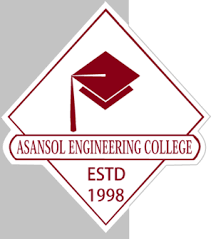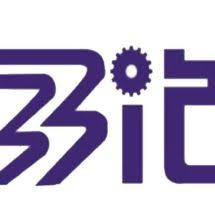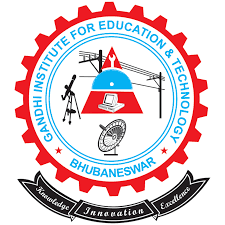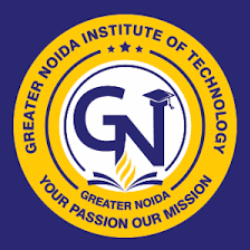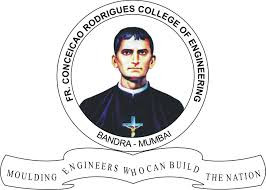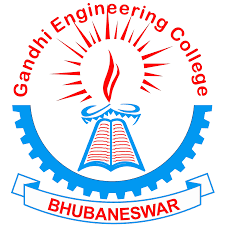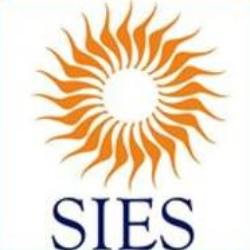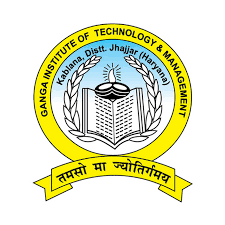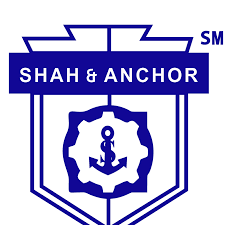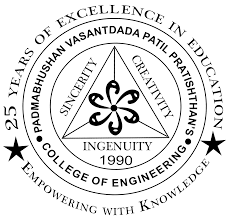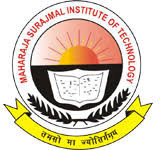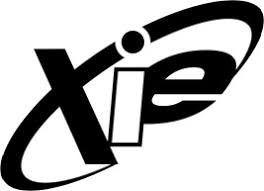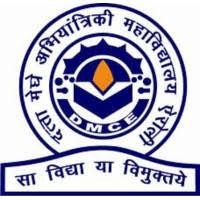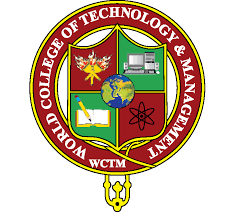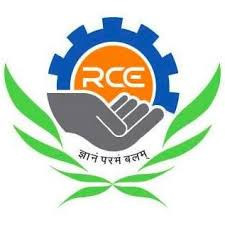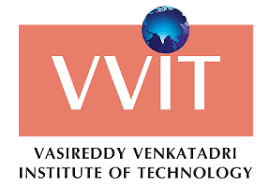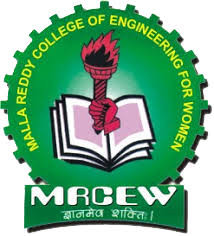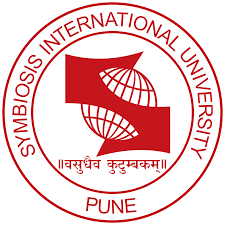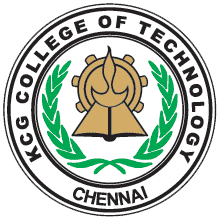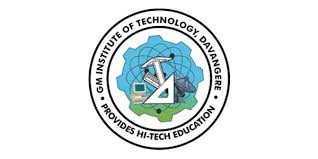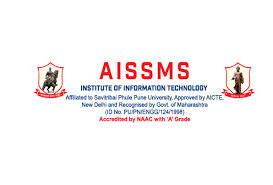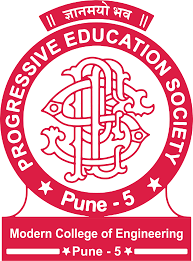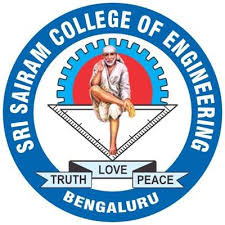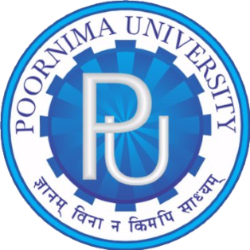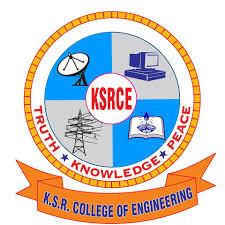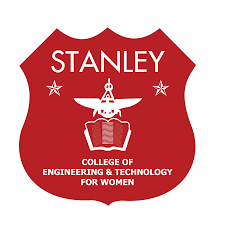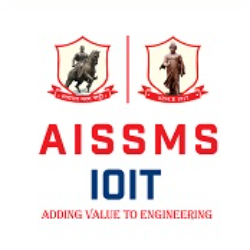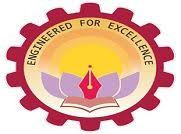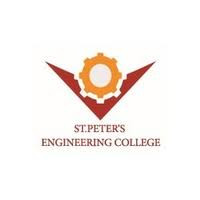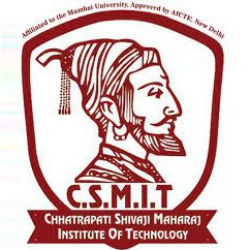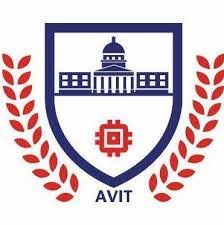What is Engineering?
Engineering uses mathematics and science to satisfy your needs. It is present in all aspects of life, from the construction of a bridge to the manufacture of iron nails. It offers solutions in all fields, including entertainment, transportation, and space technology.
Engineering, as defined by the American Engineers' Council for Professional Development (AECPD), is the creative application of scientific principles to design or develop structures, machines, apparatus, or manufacturing processes, or works that use them individually or in combination. It also involves the construction or operation of these creations with full knowledge of their design, or the ability to forecast their behaviour under specific operating conditions. All of this is done in relation to an intended function, economics of operation, and safety of life and property.
Diploma Engineering Course Highlights:
| Course Name | Diploma in Engineering |
| Course Level | Undergraduate |
| Diploma Engineering Duration | 3 years |
| Diploma Engineering Eligibility | Minimum 50% in 10th and entrance exam |
| Diploma Engineering Education mode | Full-time, Distance. |
| Diploma Engineering Admission Process | Merit as well as Entrance Exams |
| Diploma Engineering Entrance Exams | DET, AP DEECET, AP POLYCET, AP JEE (Diploma), State CET, State DET, PECE. |
| Diploma Engineering Fees | Rs 1.00 - Rs 3.00 Lakhs |
B.Tech Course Highlights:
| Course Name | Bachelor of Technology |
| B.Tech Level | Undergraduate |
| B.Tech Duration | 4 years |
| B.Tech Eligibility | Minimum 50% in 10+2 with Physics, Chemistry, and Mathematics as the main subjects. |
| B.Tech Education mode | Full-time, Distance. |
| B.Tech Admission Process | Merit as well as Entrance Exams |
| B.Tech Entrance Exams | JEE Main, JEE Advanced, BITSAT, VITEEE, SRMJEEE, COMEDK, KIITEE, WBJEE, MHT CET, MET, AP EAMCET, TS EAMCET, UPSEE, IPU CET, AMUEEE, JKCET, KEAM, TNEA, REAP, CG PET. |
| B.Tech Fees | Rs 1.00 - Rs 6.00 Lakhs |
M.Tech Engineering Course Highlights:
| Course Name | Master of Technology |
| M.Tech Level | Postgraduate |
| M.Tech Duration | 3 years |
| M.Tech Eligibility | Passed B.Tech/B.E or Equivalent with Minimum 50% Aggregate Score |
| M.Tech Education mode | Full-time, Distance. |
| M.Tech Admission Process | Merit as well as Entrance Exams |
| M.Tech Entrance Exams | GATE, JAM, PGECET, AIEEA, State CET, NIT, IPU CET, OJEE, KIITEE, MET, UKSEE, SUAT, TAN CET, etc. |
| M.Tech Fees | Rs 1.00 - Rs 9.00 Lakhs |
Eligibility Criteria for Diploma Engineering Courses:
- Candidates must complete their 10th exams from a recognised educational institute.
- A minimum of 50% to 60% aggregate marks is necessary for the candidates to apply for this course.
- Candidates can also apply after completing 12th in Science stream (for Lateral Entry)
Eligibility Criteria for B.Tech Courses:
- The candidates must complete their 12th or equivalent exam from a recognised board with a minimum of 50% marks.
- They must have studied Mathematics, Physics, and Chemistry as their main subjects in 12th.
- The students must clear the cut-off marks of the entrance test.
- Candidates seeking admission to B.Tech. I.T courses through Lateral Entry will have to complete their 3 years diploma course from a recognised board.
Eligibility Criteria for M.Tech Courses:
- Candidates must complete M.Tech in Mechanical Engineering or equivalent from a recognised university in India.
- Candidates need to get the minimum cut-off that has been set by the preferred college.
- Reserved category candidates will get relaxation as per government and university norms.
- Eligible candidates are required to appear for entrance examinations, such as the GATE, NIT, JAM.
B.Tech Entrance Exams:
- JEE Main
- JEE Advanced
- VITEEE
- MHT CET
- TS EAMCET
- SRMJEEE
- BITSAT
- COMEDK UGET
M.Tech entrance exams
- GATE
- AP PGECET
- TS PGECET
- SRMJEEE PG
- IPU CET
- TANCET
- BITS HD
Diploma Engineering Syllabus:
The Diploma Engineering syllabus will vary from college to college, but the course aims and subjects shall remain the same; the subject distribution over the syllabus may differ; but the study matter remains consistent. Nevertheless, candidates should check the official website to know the complete syllabus. Here is a general guide to Diploma in Computer Science syllabus design, as commonly followed by Indian colleges:
Semester 1 | Semester 2 |
Communication Skills I | Communication Skills Ii |
Fundamentals of Computer | Visual Basics |
Operating System And Application Program | Database Management System |
Practical on Application Programming | Internet and Web Page Designing |
Computer Fundamentals and Applications | Computer Center Management |
Practical on C Programming and Application Program | Project Work On Computer Application and Programing Language |
Programming Languages | - |
Semester 3 | Semester 4 |
Network Essentials | Database Management System |
Object Oriented Programming In C++ | Multimedia Technology and Application |
Data Structure | Marketing Management |
Electronic Workshop | Computer Architecture |
Semester 5 | Semester 6 |
System Software | Wireless And Mobile Communication |
Web Page Design | Industrial Training of Six-Work Duration |
Software Engineering | Entrepreneurship Development |
Client-Server Application | Computer Networks |
Diploma in Engineering Specialisations:
- Diploma in Mechanical Engineering
- Diploma in Civil Engineering
- Diploma in Information and Technology
- Diploma in Aeronautical Engineering
- Diploma in Electronics and Communication
- Diploma in Automobile Engineering
- Diploma in Chemical Engineering
- Diploma in Instrumentation Engineering
- Diploma in Production Engineering
- Diploma in Computer Science
B.Tech Syllabus:
The B.Tech syllabus will vary from college to college, but the course aims and subjects shall remain the same; the subject distribution over the syllabus may differ;but the study matter remains consistent. Nevertheless, candidates should check the official website to know the complete syllabus. Here is a general guide to B.Tech syllabus design, as commonly followed by Indian colleges:
Semester 1 | Semester 2 |
Applied Mathematics-I | Applied Mathematics-II |
Applied Physics-I | Applied Physics-II |
Manufacturing Processes | Electronic Devices |
Electrical Technology | Introduction to Programming |
Fundamentals of Computing | Engineering Mechanics |
Applied Chemistry | Communication Skills |
Semester 3 | Semester 4 |
Applied Mathematics – III | Applied Mathematics – IV |
Analog Electronics - I | Analog Electronics – II |
Switching Theory and Logic Design | Network Analysis and Synthesis |
Electronic Instruments and Measurements | Communication Systems |
Data Structures | Electromagnetic Field Theory |
Signals and Systems | Computer Organisation and Architecture |
Semester 5 | Semester 6 |
Communication Skills for Professionals | Microwave Engineering |
Digital Communication | Information Theory and Coding |
Microprocessors and Microcontrollers | Digital Signal Processing |
Control Systems | VLSI Design |
Digital System Design | Data Communication and Networks |
Industrial Management | Antenna and Wave Propagation |
Semester 7 | Semester 8 |
Embedded Systems | Satellite Communication |
Wireless Communication | Ad Hoc and Sensor Networks |
Electives | Electives |
B.Tech Specialisations:
- B.Tech in Computer Science
- B.Tech in Mechanical Engineering
- B.Tech in Electronics and Communication
- B.Tech in Automobile Engineering
- B.Tech in Civil Engineering
- B.Tech in Aeronautical Engineering
- B.Tech in Chemical Engineering
- B.Tech in Robotics Engineering
- B.Tech in I.T
M. Tech Syllabus:
The M.Tech syllabus will vary from college to college, but the course aims and subjects shall remain the same. While pedagogy is the college's decision, the overall course curriculum is standardised for holistic education. Hence, the subject distribution over the syllabus may differ;but the study matter remains consistent. Nevertheless, candidates should check the official website to know the complete syllabus. Here is a general guide to M.Tech syllabus design, as commonly followed by Indian colleges:
Semester 1 | Semester 2 |
Numerical Analysis and Optimisation | Theory of Elasticity |
Instruments and Maiden. | Design of Mechanics |
Experimental Stress Analysis | Principles Of Machine Design |
Metal Forming Analysis | General Elective 1 |
Mechatronics and Product Design | General Elective 2 |
Experimental Stress Analysis Lab. | Seminar |
Mechanical Measurement Lab. Computational Lab. | CAD/CAM Lab Design Practical lab |
Semester 3 | Semester 4 |
Mechanical Behavior of Materials | Dissertation |
Mechanics Vibration | Elect. Design of Bearing and Shift |
General Elective 3 | Computer Aided Design |
General Practical Lab 4 | Design of Pollution Control |
Material Behaviour and Vibration Lab | Tribulour |
Minor Project | Computer Aided Vehicle Design |
M.Tech Specialisation:
- M.Tech in Computer Science
- M.Tech in Civil Engineering
- M.Tech in Electrical Engineering
- M.Tech in Chemical Engineering
- M.Tech in Information and Technology
- M.Tech in Automobile Engineering
- M.Tech in Aeronautical Engineering
- M.Tech in Nanotechnology Engineering
- M.Tech in Petroleum Engineering
- M.Tech in Instrumentation Engineering
- M.Tech in Mechanical Engineering
Top 10 Engineering Colleges in India 2024:
Top Engineering Colleges | NIRF Ranking 2024 | Avg Fees |
1 | Rs 1.00 - Rs 2.00 Lakhs | |
2 | Rs 1.00 - Rs 1.50 Lakhs | |
3 | Rs 90,000 - Rs 1.35 Lakhs | |
4 | Rs 70,000 - Rs 1.70 Lakhs | |
5 | Rs 1.50 - Rs 2.70 Lakhs | |
6 | Rs 1.00 - Rs 1.50 Lakhs | |
7 | Rs 90,000 - Rs 1.35 Lakhs | |
8 | Rs 1.00 - Rs 2.00 Lakhs | |
9 | Rs 1.00 - Rs 1.50 Lakhs | |
Indian Institute of Technology (Banaras Hindu University) Varanasi | 10 | Rs 80,000 - Rs 1.80 Lakhs |
Employment and career opportunities in Engineering Courses:
Job Profile | Average Annual Salary |
Software Developer | Rs 6.00 - Rs 20.00 LPA |
Testing Engineer | Rs 2.50 - Rs 8.00 LPA |
Mechanical Engineer | Rs 3.00 - Rs 6.00 LPA |
HVAC Engineer | Rs 3.50 to Rs 7.50 LPA |
Production Engineer | Rs 3.00 to Rs 6.50 LPA |
Automotive Engineer | Rs 3.50 to Rs 7.00 LPA |
Maintenance Engineer | Rs 3.00 to Rs 6.50 LPA |
Sales Engineer | Rs 3.00 to Rs 7.00 LPA |
Operations Engineer | Rs 3.00 to Rs 6.50 LPA |
Network Engineer | Rs 3.00 - Rs 5.50 LPA |
Circuit Designer | Rs 4.00 - Rs 8.00 LPA |
Telecom Engineer | Rs 3.50 - Rs 7.00 LPA |
Automotive Engineer | Rs 3.50 - Rs 7.00 LPA |
Design Engineer | Rs 3.00 - Rs 6.00 LPA |
Production Engineer | Rs 3.50 - Rs 6.50 LPA |
Manufacturing Engineer | Rs 3.50 - Rs 6.50 LPA |
Civil Engineer | Rs 3.00 - Rs 6.00 LPA |
Procurement Engineer | Rs 4.00 - Rs 7.00 LPA |
Infrastructure Engineer | Rs 4.00 - Rs 7.00 LPA |
Construction Estimator | Rs 3.50 - Rs 6.50 LPA |
Scope of the Engineering Course
Engineering has been a trending career option in India for decades. Students should note that upon completion of various Engineering courses, they can opt for any of the above-mentioned job options.
Students who wish to pursue further education can opt for the M.S. degrees, MBA courses, and PhD courses available to them to gain additional expertise in their fields. Others can take entrepreneurship courses, apply for the civil service examination, and work in the government.
FAQs
- What are the fees for Engineering?
An Engineering degree in India costs, on average, between 5 and 15 lakhs per year. Some institutions may have a different fee schedule and scholarship opportunities.
- Are B.Tech and Diploma degrees possible to pursue simultaneously?
In order to do this, you must do a regular B.Tech in the college and do a Diploma through a distance course or a certificate course. Time management depends on the individual's skills.
- Which are popular Engineering entrance exams?
In India, JEE Mains and Advanced, WBJEE, MHT CET, and GUJCET are very popular Engineering entrance exams.
- In the Engineering department, list the five most desired specialisations?
Engineering specialisations include Aeronautical Engineering, Civil Engineering, Electronics Engineering, Electronics and Communication Engineering, and Biotechnology Engineering. - How much percentage is required in 12th for Engineering?
To pursue a degree in Engineering, candidates who have completed Class 12 in the PCM secure a minimum of 50% marks. - Which Engineering specialisation is best in India?
The following are the top Engineering specialisation in India:
- Computer Science Engineering
- Mechanical Engineering
- Civil Engineering
- Electrical Engineering
- Biomedical Engineering
- Is Engineering a good career option in India?
Engineers are in demand everywhere and in almost all sectors and the graduates, B.Tech is considered to be the most employable field in India.


